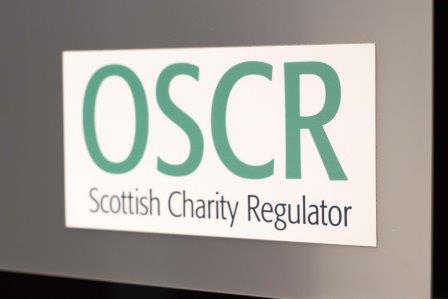Reflections on the Oxfam case - a cautionary tale for all charity trustees

The recent reports of abuses connected to some charities working in the international aid sector are deeply troubling and as a regulator we take such matters extremely seriously. The actions of some Oxfam staff in Haiti in 2011 were inexcusable, and we are pleased to hear that the Charity Commission for England and Wales, lead regulator for cross-border charities like Oxfam, is working as a matter of urgency to clarify what happened.
The public are right to expect the highest standards of governance from charity trustees – charity law also requires it. We work very closely with the police and the justice system where we consider there is any criminal activity or risk to vulnerable beneficiaries. Charities working with vulnerable beneficiaries need a heightened focus on possible abuses of power leading to bullying, harassment, or sexual misconduct.
The Haiti situation is particularly shocking because the individuals involved have ultimately let down the very people the charity was meant to be helping and at one of the very worst times for that country. They have also let down the vast majority of individuals working in humanitarian relief who do so with great passion and integrity.
The legal duty of all charity trustees is to act in the best interests of their charity and, in particular, to act with due care and diligence. For all charities, this means making sure that where they are working with vulnerable children and adults, they have the appropriate policies and procedures in place to make sure that everyone is kept safe. Trustees should make sure that the policies are reviewed and kept up to date as organisations grow and change.
When problems occur, it is important for trustees to address them vigorously and transparently – we have a notifiable events system which should be used in circumstances like this, and the protection of vulnerable beneficiaries is a top priority for us in taking swift and proportionate regulatory action.
It is also important that organisations have good whistle-blowing policies in place. Staff should feel safe and secure about reporting any issues they come across in their working lives.
These elements of good governance and good practice are not specific to international charities, and there is no suggestion that sexual harassment is any more prevalent in the charity sector than in other walks of life.
Events like this provoke understandable public outrage. Transparency may well be painful and uncomfortable in the short-term, but in the long-run it is the best safeguard of public trust and confidence.
